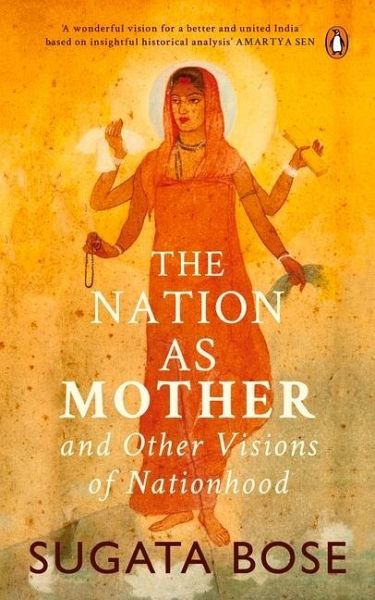
The Nation as Mother
And Other Visions of Nationhood
Versandkostenfrei!
Versandfertig in über 4 Wochen
12,99 €
inkl. MwSt.

PAYBACK Punkte
6 °P sammeln!
AN ESSENTIAL VOLUME TO UNDERSTAND INDIA'S NATIONAL AND CULTURAL LEGACY In The Nation as Mother, an interconnected set of deeply researched and powerfully argued essays and speeches Sugata Bose explores the relationship between nation, reason and religion in Indian political thought and practice. Offering a subtle interpretation of the ways of imagining the nation as mother, the book illuminates different visions of India as a free and flexible federal union that have acquired renewed salience today. Breaking out of the false dichotomy between secular nationalism and religious communalism, the ...
AN ESSENTIAL VOLUME TO UNDERSTAND INDIA'S NATIONAL AND CULTURAL LEGACY In The Nation as Mother, an interconnected set of deeply researched and powerfully argued essays and speeches Sugata Bose explores the relationship between nation, reason and religion in Indian political thought and practice. Offering a subtle interpretation of the ways of imagining the nation as mother, the book illuminates different visions of India as a free and flexible federal union that have acquired renewed salience today. Breaking out of the false dichotomy between secular nationalism and religious communalism, the author provides incisive analyses of the political legacies of Tagore and Gandhi, Nehru and Bose, Aurobindo and Jinnah, and a range of other thinkers and leaders of the anti-colonial movement. The essays question assumptions about any necessary contradiction between cosmopolitanism and patriotism and the tendency among religious majoritarians and secularists alike to confuse uniformity with unity. The speeches in Parliament draw on a rich historical repertoire to offer valuable lessons in political ethics. In arguing against the dangers of an intolerant religious majoritarianism, this book makes a case for concepts of layered and shared sovereignty that might enable an overarching sense of Indian nationhood to coexist with multiple identities of the country's diverse populace. The Nation as Mother delves into history to evoke an alternative future of a new India based on cultural intimacy among its different communities.



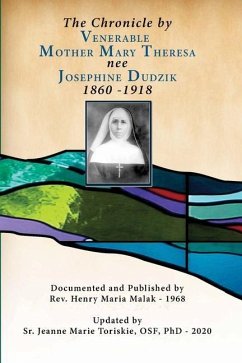
![The Colonies, and Their Connection With the Mother Country [microform]: With a Statistical List Of Cover The Colonies, and Their Connection With the Mother Country [microform]: With a Statistical List Of](https://bilder.buecher.de/produkte/56/56202/56202073n.jpg)
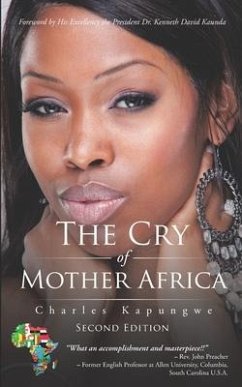
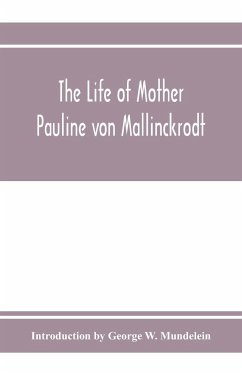

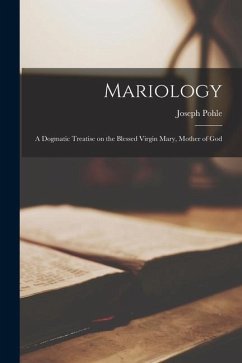
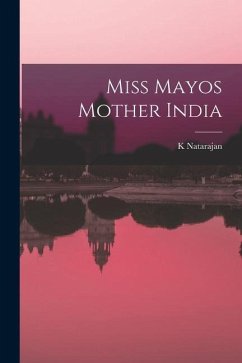
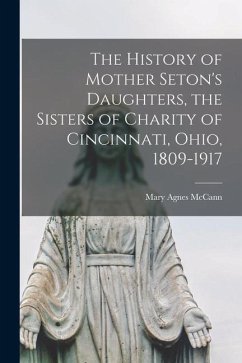
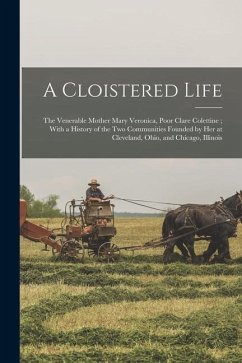
![The Life of Sir William Pepperrell, Bart. [microform]: the Only Native of New England Who Was Created a Baronet During Its Connexion With the Mother C Cover The Life of Sir William Pepperrell, Bart. [microform]: the Only Native of New England Who Was Created a Baronet During Its Connexion With the Mother C](https://bilder.buecher.de/produkte/64/64367/64367912n.jpg)